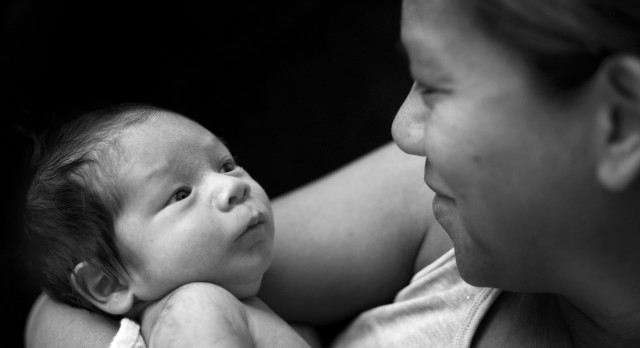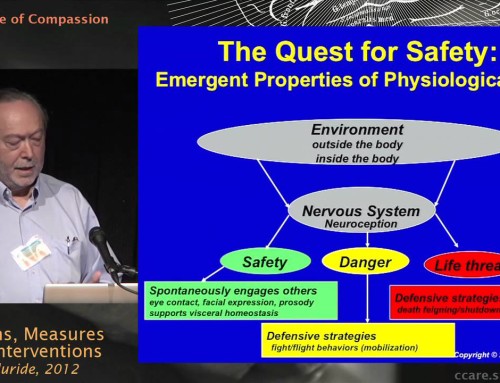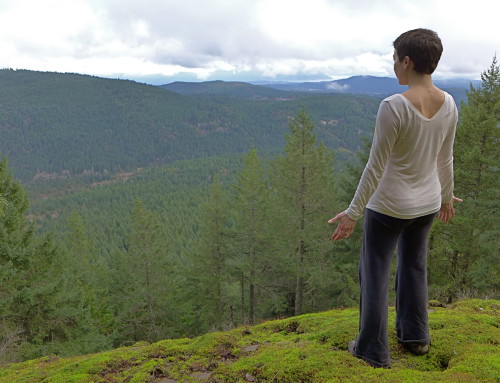In May we honour and celebrate our mothers, the women who gave us life. To be a mother means to give unconditionally, and to do an infinite number of tasks that usually remain unacknowledged. So on Mother’s Day, we take time to appreciate the countless sacrifices our mothers made for us.
Your relationship with your mother is the first relationship of your life and tends to form a blueprint for all future relationships. This post is for those who do not feel completely at peace with their mothers, for those of you who have deep disappointment, grief, confusion, and anger, all mixed in with a lot of love for your mom. How can you heal the relationship from your end, even if your mother does not want to talk about the relationship at all, or has already passed away?
Can I get a Witness?
The first step in healing the mother-child relationship is to find someone you trust to talk to. This could be a friend or a counsellor. The wound you are trying to heal is relational, and therefore must be healed relationally, i.e. with another person as your witness.
Then, before approaching the hurt feelings you are carrying, it is vitally important to share with your friend or counsellor all that you love and appreciate about your mother. There is a very common fear that talking about how you may have been hurt by your mother is a sort of betrayal. This fear prevents many people from ever healing their relationship to their mother. So to counter this fear, make sure your witness truly understands that your intention is to heal and not to betray.
Expect to encounter some younger parts of yourself
Consider the point of view of a small child whose survival depends on mother’s care. If she is suddenly unavailable, or seems to not love us anymore, our very life is in danger. Needless to say, this is terrifying to a child and, depending on the severity of the situation, the feelings of fear and shame at being unlovable can be completely overwhelming. If mother reappears and repairs the relationship (by picking us up, making eye contact, or talking to us in a gentle voice), we can calm down and feel safe again.
However, if the rupture is not repaired, the overwhelming fear and shame are too unbearable to tolerate and so must be buried, repressed, or split off from consciousness. It is as if a part of the child’s soul splits off in such a moment, and stays frozen in a state of terror until it is safe enough to actually experience those dreadful feelings. In doing the work of healing your relationship with your mother, you will likely discover some of these young, fragmented parts of yourself that have been suffering for years in a kind of timeless state of limbo. Once they have had the chance to be heard and seen and comforted, they can reintegrate into your psyche, clearing the path to whole-hearted forgiveness.
Boundaries
If your mother is still in your life, and still behaving badly, you may come to the point of needing to assert healthier boundaries with her. As you get stronger within yourself, her inappropriate behaviour may become more apparent to you, and more intolerable. This is an opportunity to create safety for yourself and draw the line at what you will accept in your life.
Forgiveness
It is tempting to skip right over the last three steps to the act of forgiveness. However, true forgiveness is not possible when there is not yet safety, and when we are still harbouring hurt feelings inside. Only once those feelings have been expressed and witnessed are we free to forgive.
This stage of healing usually involves grieving the loss of the “perfect mother.” You come to terms with the fact that your mother made mistakes and had flaws. You consider her own childhood wounding and the lack of support she had in raising you. You also remember her strengths and her qualities and recognize that she did the best she could. You can truly forgive her shortcomings while still honouring your own pain and loss. You don’t need to pretend she was perfect in order to maintain your love for her. In fact, your love for her likely deepens at this point as you are better able to feel your sadness as well as your joy having gone through your healing journey.
When you do the difficult work of healing your relationship to your mother, you will love her more, love yourself more, and find that all other relationships in your life improve as well.






